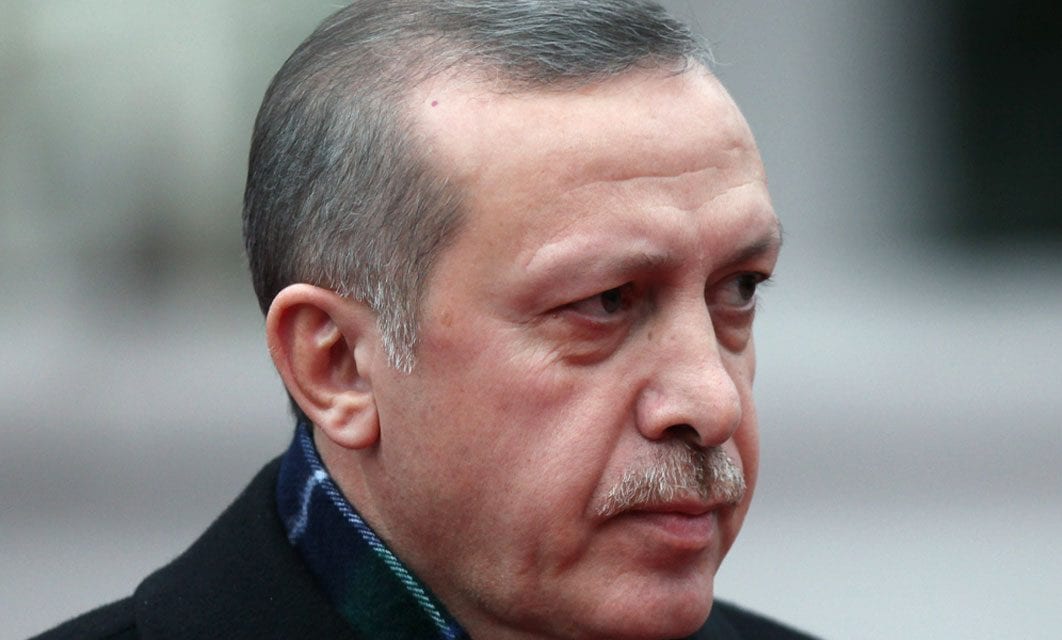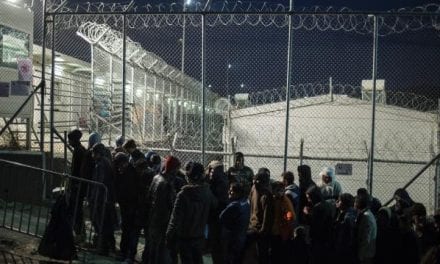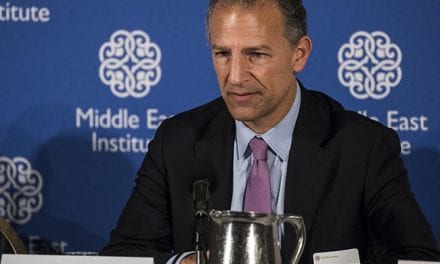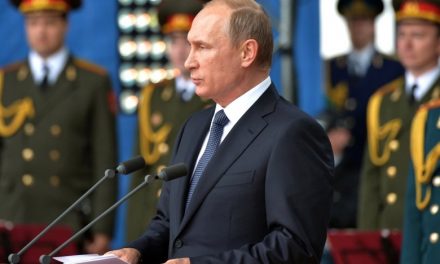By Kamila Aliyeva, Azer News
Turkish President Recep Tayyip Erdogan said that his country may purchase Russian S-600 anti-aircraft missile systems (SAM).
Erdogan noted that Turkey has the right to self-defense and no country can tell it what to do, Trend reported with the reference to Turkish media.
The issue of purchasing Russian SAMs will be discussed during the visit of Russian President Vladimir Putin to Turkey on September 28. The meeting of the two presidents will also address Syrian issue.
Earlier, Erdogan announced that Russia and Turkey are discussing the terms of the loan for the acquisition of the S-400 complex and the first payment has already been made. Under the $2.5 billion agreement Ankara would receive two batteries of the antiaircraft missile from Moscow within the coming year and then produce two more batteries in Turkey.
The S-400 is Russia’s next-generation air defense system, carrying three different types of missiles capable of destroying aerial targets at a short-to-extremely-long range. The weapon is capable of tracking and destroying all existing aerial targets, including ballistics and cruise missiles.
Turkey is also in talks to acquire anti-aircraft missile systems from Italy and France.
NATO Secretary General Jens Stoltenberg announced about this on September 20, adding that Turkey has the right to self-defense.
Turkey is the key NATO ally, which is on the border with Syria and Iraq, Stoltenberg noted.
Erdogan previously said in an interview with the American PBS TV channel that despite negotiations with NATO member states regarding the acquisition of an air defense system, none of the alliance members provided Turkey with such an opportunity.
He noted that Turkey must ensure its own security and based on this, it was decided to acquire Russian S-400 air defense system.
The deal on S-400 raised eyebrows among Ankara’s fellow NATO members and caused concerns as they are supposed to only buy compatible weapons systems from other members.
Turkey has the second-largest military force in NATO, after the U.S., but ties among the NATO allies have worsened last July after a failed coup attempt. Relations further deteriorated following an April referendum which expanded the powers of the president.
Ankara also objects to some NATO members’ military support for Syrian Kurdish rebels, who are linked to PKK terrorists.
—
Kamila Aliyeva is AzerNews



















